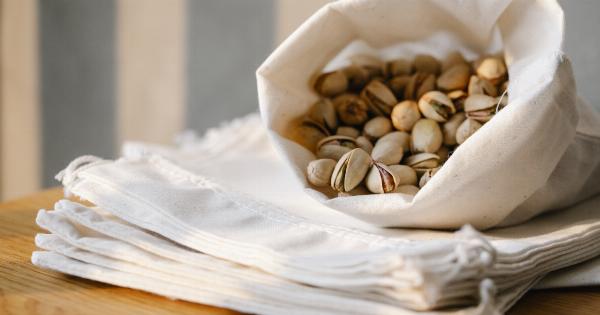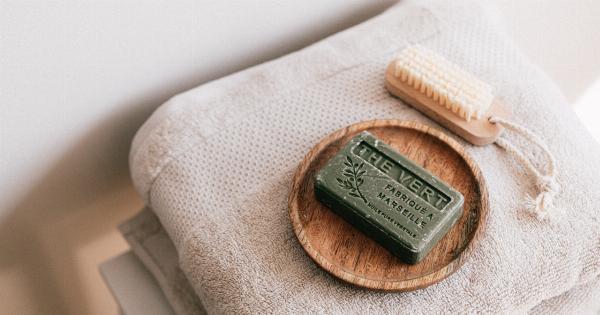Gout is a painful form of arthritis that occurs when there is a buildup of uric acid in the blood. It leads to the formation of urate crystals in the joints, causing intense pain, swelling, and inflammation.
Fortunately, gout attacks can often be prevented by making certain lifestyle changes and adopting healthy habits. In this article, we will discuss five easy steps that can help you avoid a gout crisis and improve your overall quality of life.
Step 1: Maintain a Healthy Weight
Excess weight puts additional stress on your joints, making you more susceptible to gout attacks. Therefore, it is crucial to maintain a healthy weight to reduce the risk of developing gout or experiencing frequent flare-ups.
Focus on consuming a well-balanced diet that is rich in fruits, vegetables, whole grains, and lean proteins. Avoid or limit your intake of foods high in purines, such as organ meats, shellfish, and certain types of fish.
Additionally, regular exercise can help you manage your weight and improve overall joint health.
Step 2: Stay Hydrated
Drinking an adequate amount of water is essential for preventing gout attacks. Proper hydration helps your kidneys function efficiently, reducing the concentration of uric acid in your blood and minimizing the risk of crystal formation in the joints.
Make it a habit to drink at least eight to ten glasses of water daily. Avoid sugary beverages and alcohol, as they can increase uric acid levels in the body. Opt for water, herbal teas, and natural fruit juices instead.
Step 3: Choose Foods Wisely
Diet plays a crucial role in managing gout. Certain foods can trigger gout attacks or worsen existing symptoms. It is important to avoid or limit the consumption of the following:.
- High-purine foods: Organ meats, game meats, shellfish, anchovies, and sardines.
- Alcohol: Beer is particularly high in purines and can significantly increase uric acid levels in the body.
- Sugary beverages: Soft drinks, energy drinks, and sweetened fruit juices can increase the risk of gout attacks.
- Processed foods: Foods that are high in fructose, such as processed snacks and desserts, are also known to trigger gout attacks.
On the other hand, incorporating certain foods into your diet can help reduce the risk of gout attacks. These include low-fat dairy products, cherries, strawberries, blueberries, and foods rich in vitamin C.
Step 4: Limit Alcohol Consumption
Alcohol consumption can increase uric acid levels in the body and trigger gout attacks. It is important to limit your alcohol intake to prevent gout crises.
Beer and spirits, in particular, have been associated with an increased risk of gout. However, moderate consumption of wine has not shown the same detrimental effects.
If you choose to consume alcohol, do so in moderation and drink plenty of water alongside it.
Step 5: Try Natural Remedies
In addition to lifestyle modifications, several natural remedies may help manage gout symptoms and prevent future attacks. These include:.
- Cherry juice: Consuming cherry juice or cherries may help reduce inflammation and lower uric acid levels.
- Turmeric: This spice contains a compound called curcumin, which has anti-inflammatory properties and may help alleviate gout symptoms.
- Apple cider vinegar: It is believed that apple cider vinegar can help alkalize the body, reducing the risk of urate crystal formation.
- Ginger: Ginger has anti-inflammatory properties and may help reduce pain and inflammation associated with gout.
- Green tea: Regular consumption of green tea has been linked to lower uric acid levels and may help prevent gout attacks.
It is important to note that natural remedies may not work for everyone, and it is always advisable to consult with a healthcare professional before trying any new treatment options.
By following these five easy steps, you can significantly reduce the frequency and severity of gout attacks.
Remember to maintain a healthy weight, stay hydrated, choose your foods wisely, limit alcohol consumption, and explore natural remedies to manage gout effectively.





























